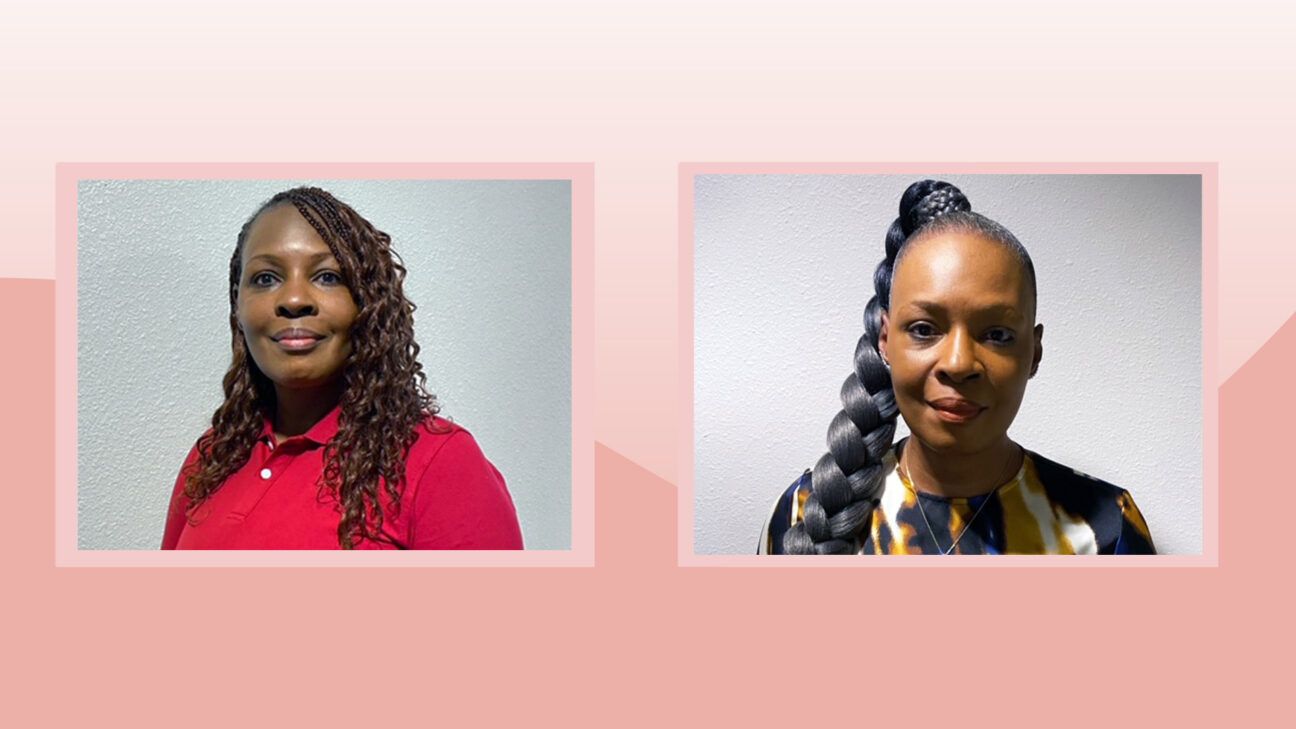
- Debby Parker lost over 67 pounds by following the LifeMD weight management program.
- She is 8 pounds away from her goal weight.
- Today, she feels physically and mentally stronger than ever.
Debby Parker maintained a healthy weight until she began perimenopause at 35 years old.
“[After] that, it was downhill, and now, I’m 61 years old, and there was nothing working,” she told Healthline.
Over the years, Parker tried clean eating, intermittent fasting, working out, and other fad diets without success. In 2024, she found herself weighing 210 pounds and living with high blood pressure, high cholesterol, and prediabetes.
“[I] was at the point that I had become so obese…when I got on all these meds to try to save my own life, I just hit a wall. I was thinking about taking my life…I had tried everything,” she said.
As a mental health professional who supports women living with disordered eating, Parker knew her situation was dire. With the help of her partner, Valencia, they found the virtual platform LifeMD and joined for access to its weight management program.
Through the program, Parker received support from a physician and a prescription for the anti-obesity medication Mounjaro.
By the end of 2024, she had lost 67 pounds and was closing in on her goal weight of 135 pounds.
“Right now, I am healthy, my blood pressure is down, my cholesterol’s down, and I’m no longer pre-diabetic,” she said. “To look at myself now and where I was in May, I can’t even believe I’m the same person…I feel accomplished. I feel supported.”
Why LifeMD’s weight loss program worked for her when other efforts were unsuccessful
After the first three weeks of taking Mounjaro, Parker connected with her LifeMD doctor to discuss side effects and how she felt emotionally and mentally. Because she experienced side effects such as nausea, vomiting, cramping, and constipation, the doctor made some adjustments.
“With GLP-1 therapies requiring regular check-ins, our model ensures consistent, accessible care that traditional primary care settings often cannot provide,” Anthony Puopolo, MD, president at LifeMD, told Healthline.
He said the program’s focus extends beyond losing weight and aims to improve total body health by emphasizing its “6S” Framework for Health, which includes wellness consultations and educational resources on the below six elements of a healthy and balanced life.
- Sleep
- Sustenance
- Sweat
- Stillness/self-talk
- Stress management
- Social interactions
“By addressing the root cause of the disease and contributing factors, we empower our patients to achieve sustainable, meaningful progress that benefits their overall well-being,” said Puopolo.
In addition to losing weight, Parker found that turning negative self-talk into positive self-talk was most impactful during her weight loss journey. Her provider encouraged her to celebrate her successes as she lost weight and improved her health along the way.
“Even though I’m a therapist, my own self-talk can be just awful, but [the encouragement] they offer is great,” said Parker.
A major obstacle regarding treating obesity is the pervasive societal stigma connected to it, said Joseph Zucchi, physician assistant and clinical supervisor at Transition Medical Weight Loss.
“This stigma often leads to the false narrative that obesity is simply a result of a lack of willpower. In reality, obesity is a complex, chronic disease,” he told Healthline. “Our bodies often react to weight loss attempts by increasing hunger hormones and cravings, creating a physiological battle against our own biology.”
Overcoming the stigma associated with GLP-1s
Mounjaro is the first prescription anti-obesity medication Parker has taken. While she knows stigma around GLP-1 drugs exists, she said the results prove their worth for her.
“There’s nothing wrong with taking medication if you’ve done all you can do. There’s nothing wrong with asking for help,” she said.
Feelings of shame prevent many people from seeking treatment or embracing options like medications due to fear of judgment, said Zucchi. Because obesity is a complex, multifactorial condition influenced by genetics, metabolism, lifestyle, and environmental factors, he said it’s essential to work with a provider who can offer personalized care.
“A one-size-fits-all approach often fails because each person has different challenges and may also have varying responses to a particular diet, exercise, or medication,” Zucchi said.
Because GLP-1s can cause people to lose 15-20% of their body weight on average by reducing hunger and cravings, proper nutrition is vital to optimize progress and body composition when losing weight, said Zucchi.
“For example, proper protein intake is important to prevent muscle loss, balance blood sugar, and promote fullness. Hydration and fiber intake through fruits and vegetables are also crucial for bowel regularity and overall health,” he said.
Additionally, exercise, especially resistance training, is essential for maintaining muscle and bone density while losing weight.
“It’s not just about weight loss but about achieving healthy body composition and optimal overall health,” Zucchi said.
Inspiring others to take control of their health
For those at a loss when it comes to weight management, Zucchi said there are effective treatments available.
“This journey is about progress, not perfection. It’s okay to stumble, and it’s okay to adjust your plan along the way,” he said.
Focus on small, achievable goals, be kind to yourself, and celebrate every victory, no matter how small, he added.
“Remember, your worth is not measured by the number on the scale. Your health and well-being are a worthwhile pursuit, and a better future is within reach,” said Zucchi.
Parker can relate personally as she embraces her newfound optimal health. She also relates professionally while working with clients who are living with overweight or obesity.
“[They] are doing all the right things, but they’re not able to see the changes, and then you get the depression and disappointment and negative self-talk,” she said.
Because she has taken the journey herself, she is able to connect with and inspire her clients.
“It makes me more compassionate for my clients who are at the end of the road and don’t know what to do,” said Parker. “[I] encourage them…[and tell them] you can make that sacrifice for your health.”

